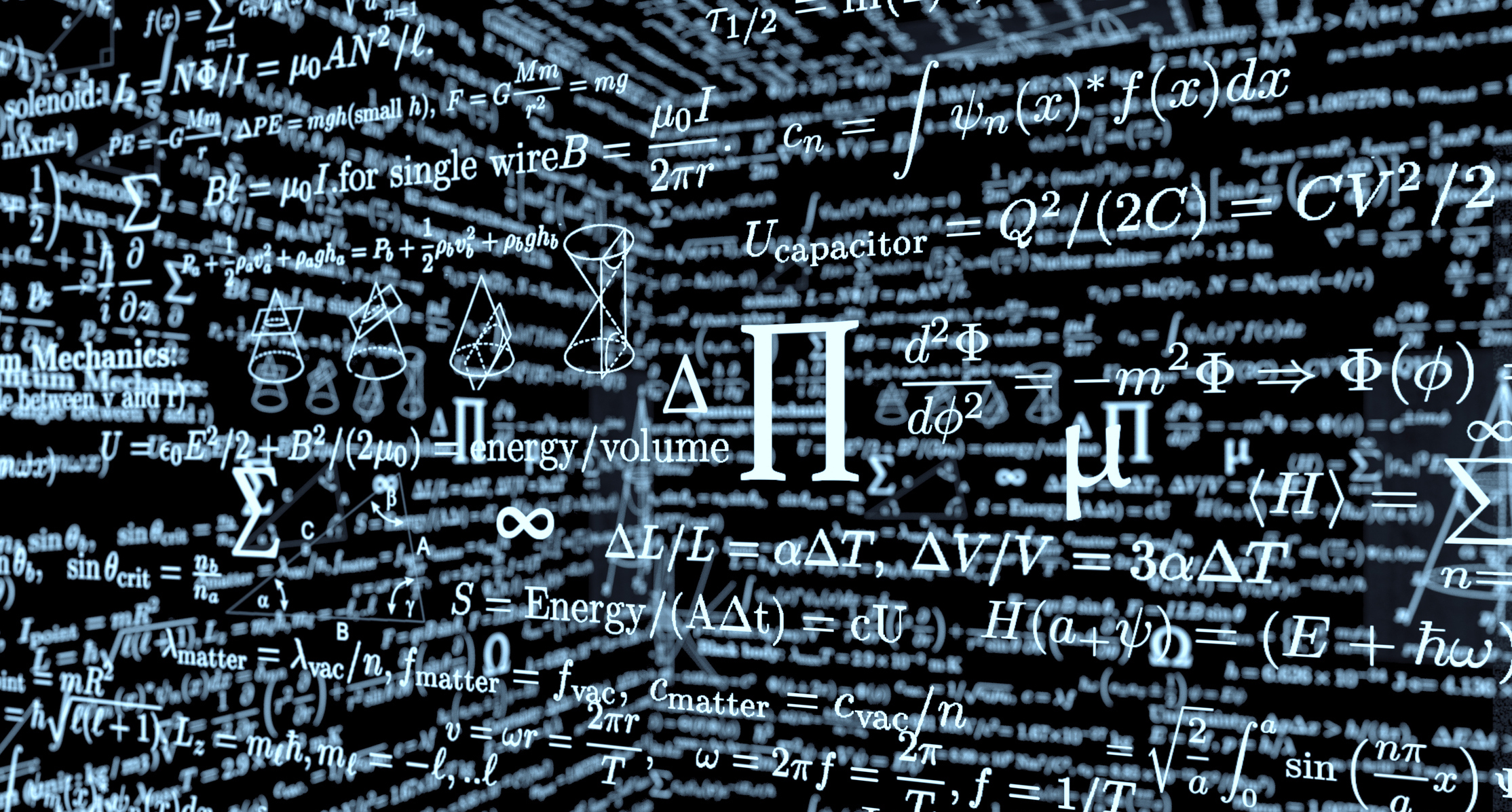
In collaboration with the Faculty of Science, the Faculty of Economics and Business offer two double master’s degree programmes, namely the double master’s degree Econometrics and Mathematics or the double master’s degree Econometrics and Stochastic & Financial Mathematics (SFM). These programmes are open to both students Mathematics and students Econometrics. This is quite a new program and in order to apply for this double degree, one must first complete certain courses. As a third-year student Econometrics I am following some of these courses and I am going to tell a little bit about them.
In order to be admitted to the MSc in Mathematics or the MSc in SFM one must follow first five courses. The first four courses are compulsory: Analysis 4, Topology, Linear Functional Analysis and Measure Theory. Besides these compulsory courses a student must also choose one of the following elective courses: Markov Chains, Partial Differential Equations or Bayesian Statistics. In my case I chose the course Markov Chains.
The course Markov Chains deals with random processes for which the future (or the next step) depends only on the present state; it has no memory of how the present state was reached. I find this course to be intuitive quite clear. The difficulty in this course may lay in the theoretical background of it (as is the case with so many courses), yet it’s not the most difficult course in my opinion because the step from abstract to concrete is taken pretty fast.
Then the compulsory courses Analysis 4 and Topology. These two courses are actually the foundation of the other compulsory courses and it’s therefore recommended to first follow these two courses before doing Measure Theory and Linear Functional Analysis. However, there exists some room for interpretation on how necessary these courses actually are. The course Measure Theory is given in the first period of the first semester and the course Analysis 4 is given in the second period of the first semester. The course Topology is even given in the second semester! Is it then impossible to successively pass the course Measure Theory? The answer is no. However, it’s going to be a little more difficult.
The thing you should know about Measure Theory is that it’s the very basic of integration techniques and probability theory. The course starts off with very abstract concepts such as sigma algebras, measures, semi-rings and Dynkin Systems. In order to understand these topics, one must have some background in Topology because you will work with a lot of sets. However, the course Topology goes very deep into the theory with subjects such as Deformation Retracts and Homotopy Types, and these depths are not needed for the course Measure Theory. The first two chapters and the appendices of the book one will work with should provide enough help to understand the required Topology. Once dealt with the abstract topology and set theory one will start working with integrals and integration theory. And this is where the course Analysis 4 is needed. The relevant parts for Measure Theory from the course Analysis 4 are actually given in the first five weeks. The course starts off with the implicit function theorem, which econometricians can dream by now (thank you Mr. Wagener). Then the course continues with integration theory and coordinate transformations. And these topics are relevant and sufficient for measure theory.
However, please be warned that these courses are still hard courses. I am not saying that following the above approach will guarantee to successively passing these courses. I am just saying that it’s possible, with a lot of hard work in between.